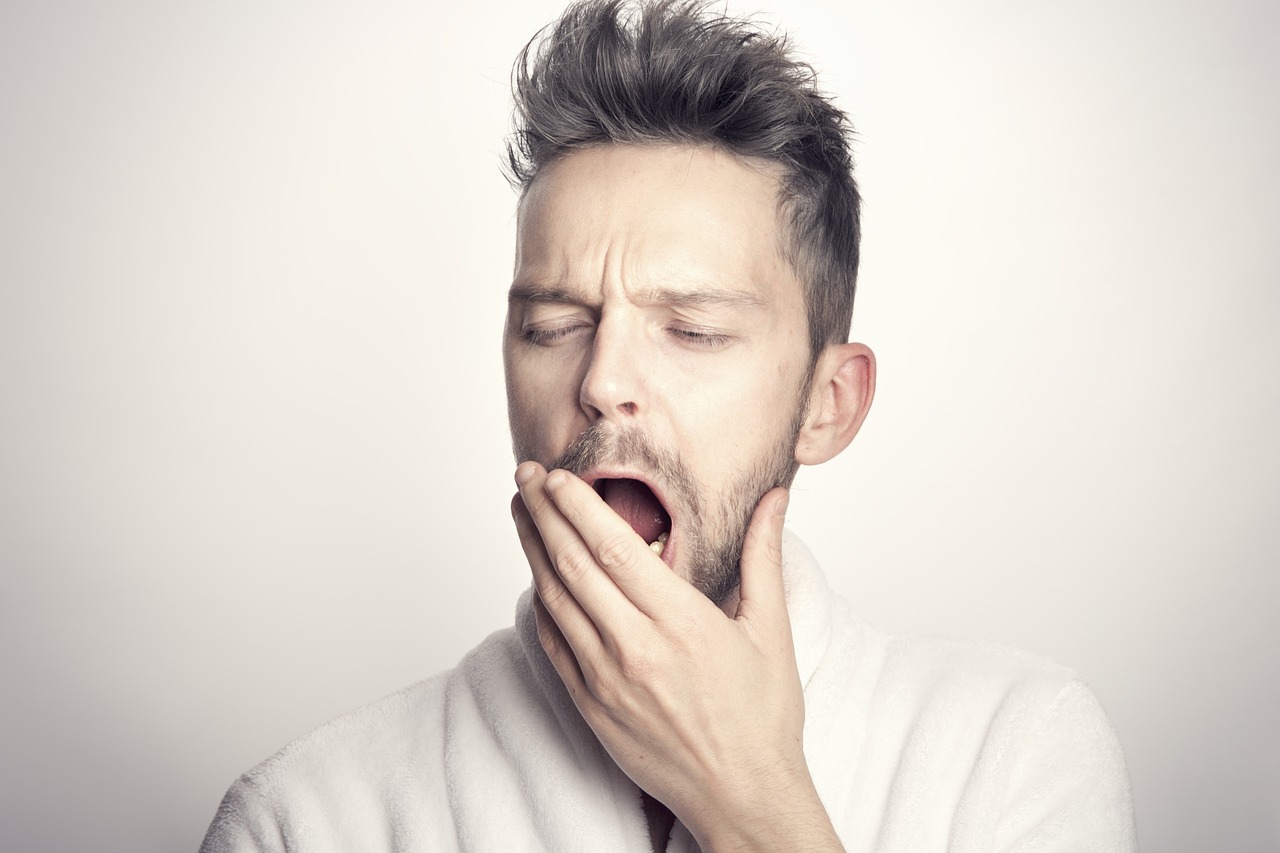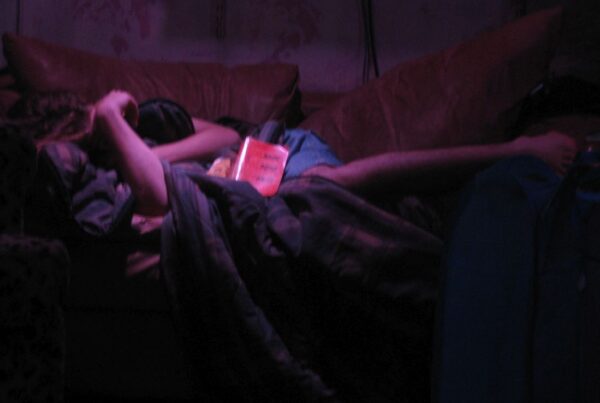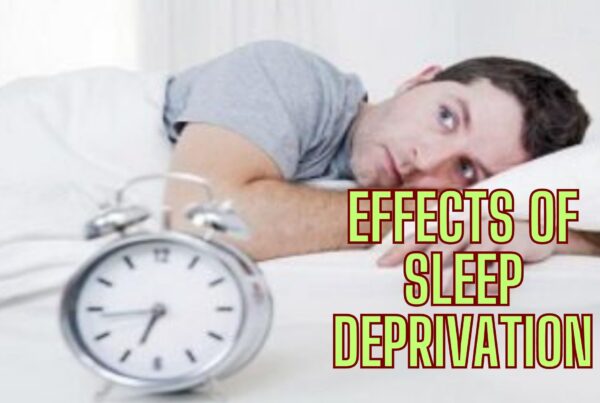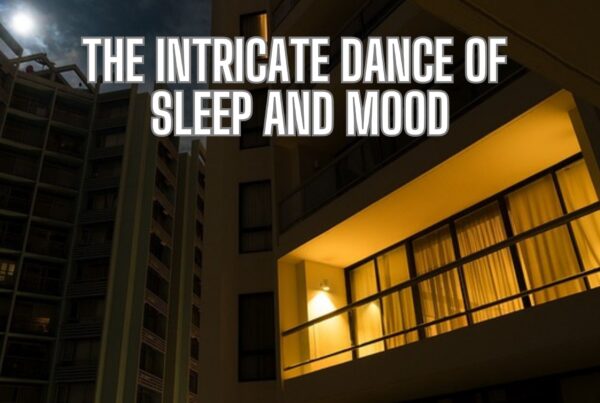How to Relieve Anxiety at Bedtime: Tips for a Restful Night’s Sleep
Understanding the Impact of Anxiety on Bedtime
Do you often find yourself lying in bed, tossing and turning, unable to sleep due to anxiety? You’re not alone. Many individuals experience anxiety that seems to intensify at bedtime, making it difficult to relax and fall asleep. The good news is that there are effective strategies you can implement to relieve anxiety and promote a restful night’s sleep. In this article, we will explore the impact of anxiety on bedtime and provide practical tips to help you find calm and tranquility when it matters most.
The Vicious Cycle: Anxiety and Sleep
Anxiety and sleep have a complex relationship. Anxiety can disrupt your sleep, and inadequate sleep can exacerbate your anxiety. This creates a vicious cycle that can leave you feeling exhausted and overwhelmed. When anxiety keeps you awake at night, it’s important to break this cycle to regain control of your sleep and overall well-being.
Create a Calming Bedtime Routine
Establishing a calming bedtime routine can work wonders for reducing anxiety and preparing your mind and body for sleep. Here are some key steps to incorporate into your routine:
- Unplug and Disconnect: Turn off electronic devices at least an hour before bedtime. The blue light emitted by screens can interfere with your body’s production of melatonin, a hormone that promotes sleep.
- Engage in Relaxation Techniques: Try deep breathing exercises, progressive muscle relaxation, or guided imagery to calm your mind and relax your body. These techniques help shift your focus away from anxious thoughts and promote a state of relaxation.
- Journaling: Before getting into bed, spend a few minutes writing down your thoughts, worries, or any unfinished tasks. This practice can help offload your mind and provide a sense of closure, making it easier to let go of anxiety and prepare for sleep.
- Create a Cozy Sleep Environment: Make your bedroom a peaceful sanctuary. Use blackout curtains to block out external light, ensure a comfortable mattress and pillows, and adjust the room temperature to your liking. A sleep-friendly environment can contribute to a more restful sleep.
Harnessing the Power of Hypnosis and Mindfulness
Hypnosis and mindfulness are powerful tools that can help relieve anxiety and promote restful sleep. These techniques work by shifting your focus away from anxious thoughts and into a state of deep relaxation. Here’s how you can incorporate them into your bedtime routine:
- Self-Hypnosis: Engage in self-hypnosis by using guided audio recordings or scripts specifically designed for anxiety and sleep. By entering a state of deep relaxation, you can bypass anxious thoughts and replace them with positive suggestions for calm and peacefulness.
- Mindful Meditation: Practice mindfulness meditation before bed to cultivate a sense of present-moment awareness and non-judgmental acceptance. Focus on your breath, bodily sensations, or the sounds around you. This practice can help calm a racing mind and promote relaxation.
Exercise and Physical Activity
Engaging in regular exercise and physical activity can significantly reduce anxiety and improve sleep quality. Exercise releases endorphins, which are natural mood-boosting chemicals that promote relaxation and reduce stress. Aim for at least 30 minutes of moderate-intensity exercise during the day, but avoid vigorous exercise close to bedtime, as it can energize your body and make it harder to fall asleep.
Seek Professional Help
If anxiety continues to interfere with your sleep and daily life, it may be beneficial to seek professional help. Clinical hypnotherapy, Acceptance & Commitment Therapy (ACT), and other evidence-based approaches have been proven effective in treating anxiety disorders.
Relieve Anxiety At Bedtime
Managing anxiety at bedtime is crucial for achieving a restful night’s sleep. By implementing a calming bedtime routine, incorporating hypnosis and mindfulness techniques, engaging in regular exercise, and seeking professional help when needed, you can take significant steps toward alleviating anxiety and promoting a peaceful sleep environment. Remember, a good night’s sleep is within your reach, and with a little effort and consistency, you can regain control of your bedtime and wake up refreshed and ready to take on the day.
Release Hypnosis Melbourne Hypnotherapy
Since 2016, Lawrence Akers has been working under the name Release Hypnosis offering Hypnotherapy and ACT based work to the people of Melbourne or an online service. Based on St Kilda Rd, Release Hypnosis is an easy and convenient location to get to and accessible by the ANZAC station train and tram stop. Release Hypnosis can help with a wide range of presenting issues, and I offer a free 30 minute no obligation discovery call for those who are unsure if hypnotherapy is the right way forward for them.
Book Your FREE 30 Minute Consultation With Release Hypnosis NOW!
You may also like to read:
10 Daily Habits for Managing Anxiety and Stress
How ACT Can Help With Addiction Issues
Urge Surfing and How Can it Help You Overcome Addiction
Mastering Mindful Communication: Enhancing Relationships and Connections








